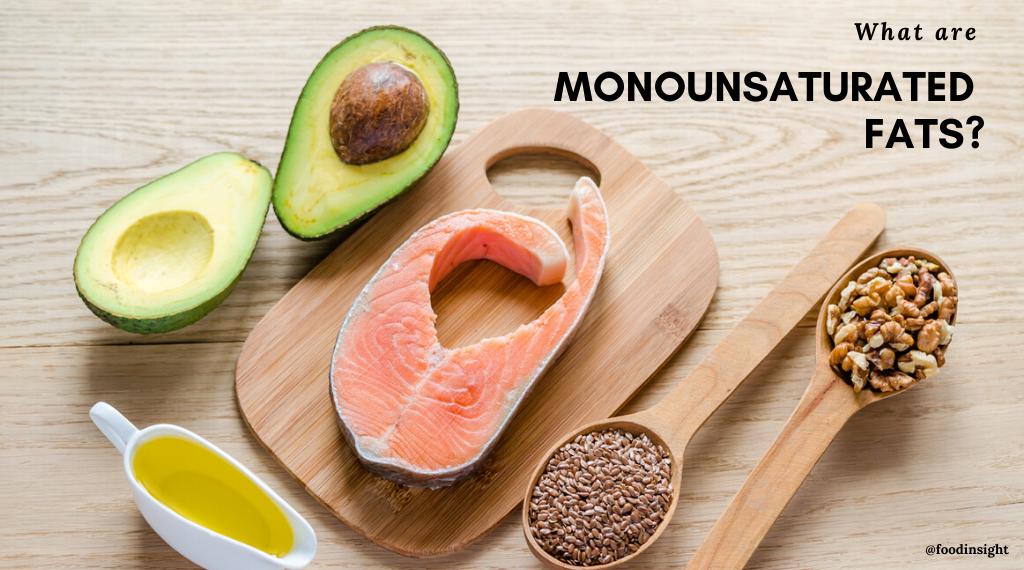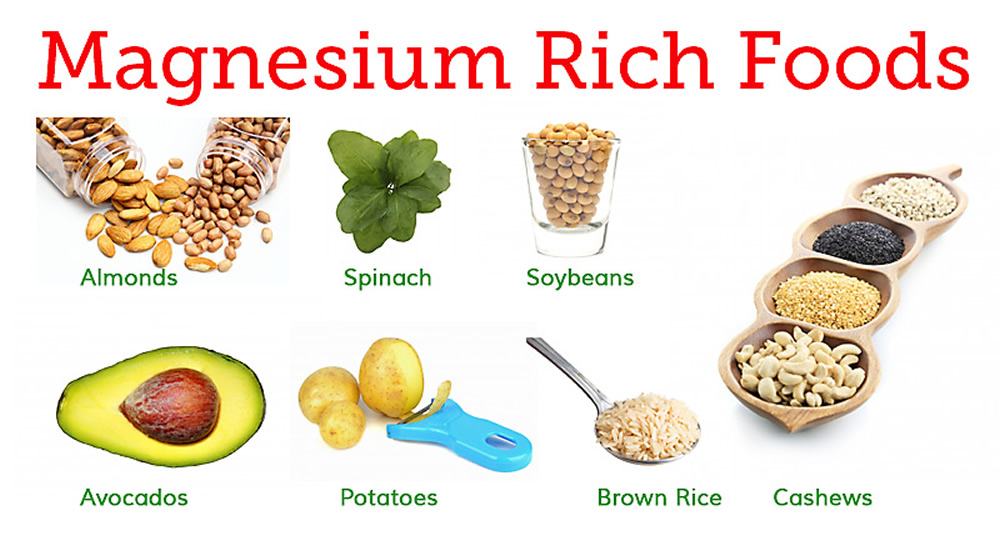In recent years, there has been growing recognition of the crucial role that diet plays in maintaining optimal lung health. One group of foods that has gained considerable attention for their potential benefits are nuts and seeds. Packed with essential nutrients and healthy fats, nuts and seeds offer a range of advantages, including promoting lung health through their high content of beneficial fats. In this article, we will explore five helpful pieces of information about nuts and seeds and how they can contribute to lung health through their healthy fats.
1, Rich in Omega-3 Fatty Acids.
Nuts and seeds, such as walnuts, flaxseeds, and chia seeds, are excellent sources of omega-3 fatty acids. These healthy fats are categorized as polyunsaturated fats and are considered essential because our bodies cannot produce them on their own. Therefore, it is important to obtain them from dietary sources.
Omega-3 fatty acids, specifically eicosapentaenoic acid (EPA) and docosahexaenoic acid (DHA), have been extensively researched for their numerous health benefits, one of which is their anti-inflammatory properties. Inflammation in the lungs can contribute to respiratory conditions such as asthma, chronic obstructive pulmonary disease (COPD), and other lung diseases. By incorporating foods rich in omega-3 fatty acids into your diet, you may help reduce inflammation and promote overall lung health.
Walnuts, flaxseeds, and chia seeds are particularly noteworthy for their omega-3 content. Walnuts, in particular, are a great source of alpha-linolenic acid (ALA), a type of omega-3 fatty acid. Flaxseeds and chia seeds are also rich in ALA and can be easily incorporated into your daily meals. You can add them to smoothies, sprinkle them on cereals or yogurt, or use them as a topping for various dishes.
It is important to emphasize that while omega-3 fatty acids have potential health benefits, they should not be considered a substitute for medical advice or treatment. If you have specific concerns about your lung health, it is always best to consult with a healthcare professional who can provide personalized guidance based on your individual needs.
In summary, incorporating nuts and seeds, such as walnuts, flaxseeds, and chia seeds, into your diet can be a beneficial way to increase your intake of omega-3 fatty acids. These healthy fats have anti-inflammatory properties that may help reduce lung inflammation and promote overall lung health.
2, High in Monounsaturated Fats.
Nuts like almonds, cashews, and hazelnuts, as well as seeds like pumpkin and sesame seeds, are indeed rich sources of monounsaturated fats. Monounsaturated fats are considered healthy fats that offer several benefits for overall health, including lung health.
Research suggests that consuming monounsaturated fats may improve lung function and reduce the risk of developing respiratory conditions, such as asthma. These fats have been associated with lower levels of inflammation in the body, including the lungs. By reducing inflammation, monounsaturated fats can potentially help maintain healthier lung function and reduce the risk of respiratory issues.
Almonds, cashews, and hazelnuts are all excellent sources of monounsaturated fats. They can be enjoyed as a snack or added to various dishes, such as salads or stir-fries. Pumpkin seeds and sesame seeds are also good sources of monounsaturated fats and can be sprinkled over salads, yogurt, or incorporated into baked goods.
While including nuts and seeds rich in monounsaturated fats in your diet may have potential benefits for lung health, it's important to note that they should not replace proper medical care. If you have specific concerns about your respiratory health, it's always advisable to consult with a healthcare professional for personalized advice and treatment.
To summarize, incorporating nuts like almonds, cashews, and hazelnuts, as well as seeds like pumpkin and sesame seeds, into your diet can provide you with beneficial monounsaturated fats. These fats have the potential to improve lung function and reduce the risk of developing respiratory conditions. However, it's essential to prioritize a well-rounded and balanced diet alongside professional medical guidance for optimal lung health.
3, Source of Vitamin E.
Many nuts and seeds, such as sunflower seeds and almonds, are excellent sources of vitamin E. Vitamin E is a fat-soluble vitamin and a powerful antioxidant that plays a crucial role in maintaining the health of various organs, including the lungs.
As an antioxidant, vitamin E helps protect the body's cells, including those in the lungs, from damage caused by harmful free radicals. Free radicals are unstable molecules that can be generated through normal bodily processes or from exposure to environmental factors like air pollution or cigarette smoke. They can cause oxidative stress, which may contribute to lung damage and inflammation.
By consuming foods rich in vitamin E, such as sunflower seeds and almonds, you can support your lung health by providing your body with an antioxidant defense against free radicals. Vitamin E's protective properties can help reduce the risk of oxidative damage in the lungs and potentially lower the risk of respiratory infections.
Sunflower seeds and almonds are particularly good sources of vitamin E. Sunflower seeds can be enjoyed as a snack, added to salads, or used as a topping for various dishes. Almonds are versatile and can be eaten as a snack, used in baking, or added to smoothies and salads.
While incorporating foods high in vitamin E into your diet can be beneficial for lung health, it's important to maintain an overall balanced diet and consider other factors that contribute to respiratory well-being. If you have specific concerns about your lung health or respiratory infections, it's always advisable to consult with a healthcare professional for personalized advice and appropriate medical care.
In summary, sunflower seeds and almonds, among other nuts and seeds, are excellent sources of vitamin E. This powerful antioxidant can help protect the lungs against damage caused by free radicals and potentially reduce the risk of respiratory infections. However, it's important to maintain a holistic approach to lung health and seek professional medical advice when needed.
4, Fiber Content.
Nuts and seeds are indeed high in dietary fiber, which is essential for maintaining a healthy digestive system. A healthy digestive system can indirectly contribute to lung health by reducing the risk of respiratory issues that may arise from digestive problems.
Dietary fiber is a type of carbohydrate that cannot be fully digested by the human body. It passes through the digestive system relatively intact and adds bulk to the stool, facilitating regular bowel movements and promoting overall digestive health. Adequate fiber intake helps prevent constipation, promotes a healthy gut microbiome, and supports the proper functioning of the digestive system.
When the digestive system is functioning well, it can indirectly impact lung health. Digestive issues, such as constipation or gastrointestinal disturbances, can potentially affect the respiratory system. For example, chronic constipation or abdominal bloating can cause increased pressure on the diaphragm, leading to breathing difficulties or shallow breathing.
By incorporating nuts and seeds, which are high in dietary fiber, into your diet, you can support a healthy digestive system. Almonds, chia seeds, flaxseeds, and other nuts and seeds are good sources of fiber. They can be added to meals, snacks, or used in baking to increase your fiber intake.
However, it's important to note that while fiber intake can contribute to digestive health, lung health is influenced by multiple factors, including overall lifestyle, genetics, and exposure to environmental pollutants. Therefore, maintaining a balanced diet, regular exercise, proper hydration, and avoiding smoking or exposure to secondhand smoke are all crucial for promoting optimal lung health.
If you have specific concerns about your digestive or respiratory health, it's always advisable to consult with a healthcare professional for personalized advice and appropriate medical care.
In summary, nuts and seeds, due to their high dietary fiber content, can contribute to a healthy digestive system. A healthy digestive system indirectly supports lung health by reducing the risk of respiratory issues that may arise from digestive problems. However, it's important to consider multiple factors and maintain a holistic approach to lung health.
5, Magnesium-Rich.
Nuts like Brazil nuts and seeds like pumpkin seeds are indeed rich sources of magnesium. Magnesium is an essential mineral that plays a vital role in numerous enzymatic reactions within the body, including those related to lung function.
Magnesium has been found to have beneficial effects on the respiratory system. One important aspect is its ability to help relax the smooth muscles surrounding the airways. When these muscles are relaxed, the airways can widen, allowing for improved airflow and potentially reducing the risk of respiratory issues such as asthma or bronchospasm.
By consuming nuts and seeds that are rich in magnesium, such as Brazil nuts and pumpkin seeds, you can increase your magnesium intake and potentially support better lung function. Brazil nuts are particularly high in magnesium and can be consumed as a snack or added to various dishes. Pumpkin seeds, too, are a good source of magnesium and can be enjoyed as a snack, added to salads, or used in baking.
It's important to note that while magnesium is beneficial for lung health, it is just one factor among many that contribute to overall respiratory well-being. Maintaining a balanced diet, regular exercise, and avoiding exposure to environmental pollutants are also important for optimal lung health.
If you have specific concerns about your respiratory health, it's advisable to consult with a healthcare professional for personalized advice and appropriate medical care.
In summary, nuts like Brazil nuts and seeds like pumpkin seeds are excellent sources of magnesium. Magnesium plays a role in promoting better airflow by relaxing the muscles surrounding the airways, potentially reducing the risk of respiratory issues. However, maintaining overall respiratory health involves multiple factors, and professional medical guidance is essential for specific concerns or conditions.
Incorporating nuts and seeds into your diet can be a simple and effective way to promote lung health through healthy fats. Their rich content of omega-3 fatty acids, monounsaturated fats, vitamin E, fiber, and magnesium offers a host of benefits, including reducing inflammation, improving lung function, protecting against free radical damage, and supporting digestive health. By making nuts and seeds a regular part of your balanced diet, you can harness the power of these nutritious foods to enhance your overall respiratory well-being. However, it's always advisable to consult with a healthcare professional for personalized dietary advice, especially if you have specific health concerns. So, go ahead and enjoy a handful of nuts or sprinkle some seeds onto your meals to give your lungs the nourishment they deserve.



:max_bytes(150000):strip_icc()/FiberFoods-97e39f125cf14445a4ebf86d8132e70c.jpg)

Comments
Post a Comment